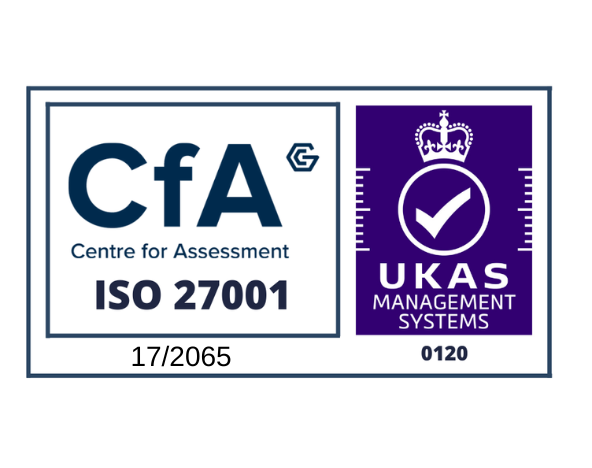DVD Archive – This article was originally published in 2014, but has since been updated in 2023 to reflect technological changes since then.
If you’re still using a CD or DVD archive for important files, did you know they have an expected life span of 2-5 years?
It is still hugely popular to store important files on CD or DVD, and expect them to last forever. Expert opinion varies – according to the US National Archives, the life expectancy of recorded CDs and DVDs is between 2 and 5 years. Most manufacturers reckon a happier 15 years plus. Experience has taught me the hard way that DVD’s are also very easy to damage and render useless.
The other problem with using a CD for storage or a DVD archive is it’s not redundant – if it breaks, or gets destroyed, you have no other copy of the data (so there’s a fire in your office, the files are gone forever). Remember:
If there’s only one copy, it’s not backed up.
So what are the best options for long term archival of digital data?
Well, the bad news is, any option is going to be more expensive than a CD or DVD archive, and you may need IT help. The good news – it’s pretty cheap.
Here’s your best bets:
Cheap and sort of OK if you have no money or IT!
File the CD as normal, but before you do, store a copy on a flash drive in a different location (readonly flash drives last a long time)
Cost: $
Pro: Cheap.
Con’s : Tricky to manage and file. Hard to search. Hard to find things when you have lots of cd’s. When you lend a cd to a colleague how do you get it back!
Option 1 – self replicating drive
Use a self replicating drive like myprivybox.com or a QNAP Nas. Keep one box in your office and one somewhere else. When you get data to archive, copy it to one box, and the other one will be backed up automatically
Cost: $$$
Pro: You can control security, and make it so even the NSA can’t get in!
Con’s : Limited search. Can be hard to get colleagues access to files. Can be tricky to setup, may need IT.
Option 2 – Cloud service
Cost: $$$$
Most cloud storage services like Projectfusion will store your files in several places for redundancy. You can search, tag and access from anywhere.
Pro: Fully managed – you don’t have to do anything except upload your content once in a while. Files can be accessed from other locations and by other people. Search will work well. Easy to setup, no IT required.
Cons: Can be expensive as you get to large volumes of storage. Trust – do you trust your cloud provider (and the NSA!), they may be theoretically able to access your files.
Option 3 – Hybrid – Local store with encrypted cloud backup
Keep a local hard disk storage device, and sync or back it up it with a cloud service. Software like Goodsync can sync a local server with a cloud server like Amazon S3 or Projectfusion, and encrypt both file names and contents as well.
Cost: $$$
Pro: Fairly cheap. You don’t even need a raid server, a cheap desktop with a drive will do. You can control security. If the server fails buy a new one and recover from the cloud.
Cons: Limited search. Can be hard to get colleagues access to files. Can be tricky to setup, may need IT.
Further reading
Xlab article on optical disk life spans






